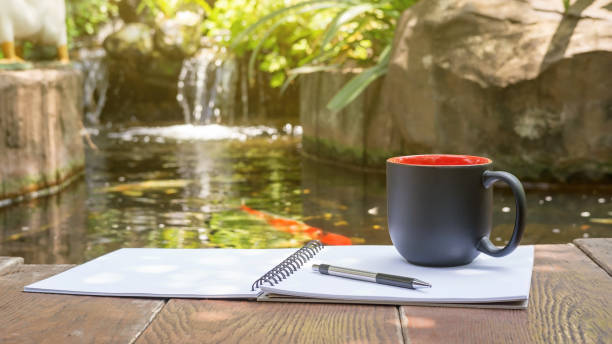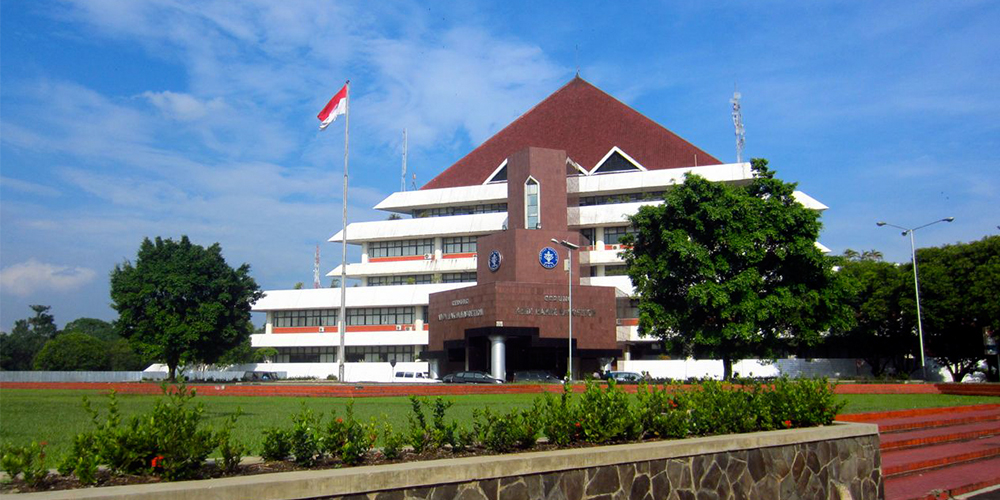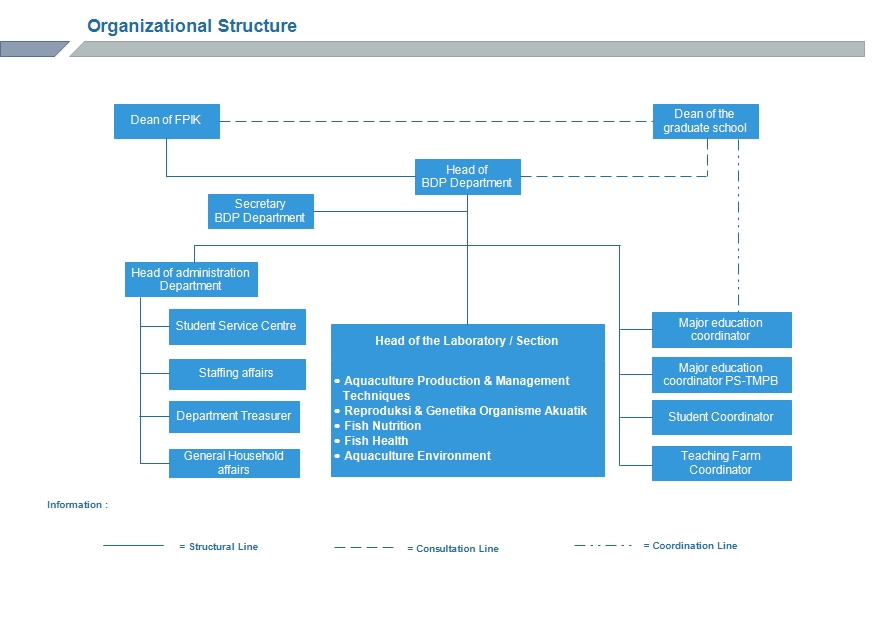
Aquaculture Science is a postgraduate study program of Aquaculture Department, Faculty of Fisheries and Marine Sciences, Bogor Agricultural University. The origin of this program is an Aquatic Sciences that has been established since 1993, and got the accreditation of Excellent both Master and Doctoral Program. Starting in 2007, Aquaculture Science was established and replaced the Aquatic Sciences in delivering aquaculture mandate through IPB Rector’s Sk. 027 / K13 / PP / 2007, then Aquaculture Science accredited as excellent.
Graduates of this program are expected to able to develop science, technology in aquaculture, or professional practice through research to solve the problems of aquaculture for the benefit of society and science, to produce valuable, and innovative, original, and creative works. The program consist both master and doctoral level.
MASTER PROGRAM
Click Here Lecturer Magister list
The course is designed to generate graduates who have ability to develop science and and to solve problems in aquaculture through deepening of the reproduction and genetics of aquatic organisms, nutrition, aquatic disease and its control, or aquaculture environment, such as ecological approach for sustainable aquaculture. Students complete the Master Program after taking the curriculum equal to 41 credits. Course structure is divided into compulsory and elective courses.
COMPETENCE
– Able to develop aquaculture science through innovative research,
– Able to identify and solve problems in fish nutrition, reproduction and genetics, health, environment and aquaculture management,
– Able to manage research and expand it to give benefit the society and sciences, and also gained national and international recognition

LEARNING OUTCOMES
- Able to identify, analyze, and set problems mapping in the development of aquaculture science
- Able to plan, implement, and evaluate of aquaculture research
- Able to evaluate, analyze, and determine the digestability, nutrient requirements, and energy expenditure at metabolism level and energy efficiency, and able to formulate good aquafeed.
- Able to analyze and manage a freshwater, brackish, and ocean-based aquaculture environment based on knowledge and research to support sustainable aquaculture production
- Able to diagnose diseases based on clinical and histopathology , doing prevention and treatment of disease, and develop disease management in aquaculture practices
- Able to analyze environmental aspects, technological developments, quality and market of aquaculture products (linked to capacity building and / or aquaculture areas), plan and organize inputs, and implement the processes based on an efficiency and optimization, and evaluate the production
- Ability to explain, evaluate and interpret data, facts, theories, and experiences in fish reproduction and genetics development of aquatic animals.
- Able to manage and develop research, and communicate the results in scientific sense, for both national and international communities.

DOCTORAL PROGRAM
Click Here Lecturer Doctoral List
Doctoral Program has 43 credits structure. Course set to support student dissertation in the field of Fish Reproduction and Genetics , or in Aquaculture Bioprocess.
COMPETENCE
- Able to develop new knowledge, technology, and or art in aquaculture through research, in order to produce an innovative, creative, and original works
- Able to solve problems in aquaculture through nutrition, health, environmental, aquaculture, reproduction and / or genetics
- Able to manage, lead, and develop research in aquaculture to give benefits in science and human and capable of gaining national and international recognition
LEARNING OUTCOMES
- Able to identify, analyze, and set the problems mapping in the development of aquaculture science
- Able to design an alternative development and a problem solving through research program to produce new, original, and creative technology in aquaculture.
- Able to develop concept and knowledge in the search process (searching), detection (detecting), swallowing and vomiting (feed)
- Able to explain the mechanism and regulation of nutrient metabolism integration, as well as travel and nutrient fate in producing intermediate products and final products of aquatic organisms
- Able to analyze the mechanism of disease outbreak and explore the strategy of pathogen to defeat the host defense system.
- Able to explain and evaluate the microbial functional groups, roles, and mechanisms of action as probiotics in aquaculture and able to develop them for the benefit of aquaculture
- Able to explain, evaluate, and interpret data, facts, theories and experiences in the field of reproduction and genetics of aquatic animals to develop a new concepts in the field of reproduction, animal genetics, and their interactivity for the purposes of the development of aquaculture science and technology
- Able to comprehensively evaluate the various production and their components in the system at various levels of aquaculture management through a review of technical coefficient aspects including efficiency in feed management, health and infection dispersal, economically, socio-political acceptability and environmental compatibility, and utilization of strategic management in evaluation systems.
- Ability to explain, analyze, and interpret the role of aquatic chemistry in the water and the soil.
- Able to analyze and interpret the toxicant dynamic in the aquatic environment
- Able to design and conduct research, analyze data, write papers scientific and disseminate it in seminars and publish it in international and national journals

organizational structure

